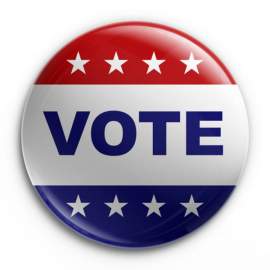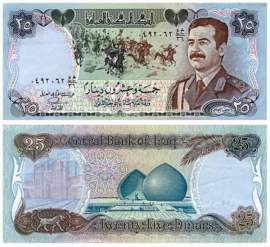
Korematsu v. United States

The Background of Korematsu v. United States (1944)
During World War II, President Roosevelt passed Presidential Executive Order 9066, which mandated the placement of Japanese residents and citizens within the United States into specialized facilities in which they were excluded from the general populace. Although, in a time of peace, this Presidential order would have been perceived as a direct violation of the 14th Amendment, Roosevelt explained that the order was instated in order to prevent any type of internal sabotage or damage caused by prospective measures of Japanese sympathy – this was in conjunction to the fact that Japan was considered to be an enemy of the United States during World War II:
Military Law is a legal field classified as a subgenre of Federal Law, which typically addresses the activity and behavior of military personnel; this can include sedition, treason, war crimes, criminal offenses directed towards fellow military personnel, and – in the case of Korematsu – the substantiation of martial law during a time of war within the United States
The Case Profile of Korematsu v. United States
The following is a case profile of the legal trial eponymously titled ‘Korematsu v. United States’:
Date of the Trial: December 18th, 1944
Legal Classification: Administrative Law; this legal field associated with events and circumstances in which the Federal Government of the United States engages its citizens, including the administration of government programs, the creation of agencies, and the establishment of a legal, regulatory federal standard
Accused Criminal Activity: The following criminal activity and charges were cited by Fred Korematsu against the United States of America within the appeal brought forth subsequent to the initial ruling:
Korematsu cited that the forced residence into excluded camps and facilities was a direct violation of human rights and civil liberties afforded to American Citizens as was expressed within the 14th Amendment
United States Reports Case Number: 323 U.S. 214
Date of the Delivery of the Verdict: December 18th, 1944
Legal Venue of Korematsu v. United States: The Supreme Court of the United States
Judicial Officer Responsible for Ruling: Chief Justice Harlan F. Stone
Involved Parties: The following are the parties named with regard to their involvement in the Korematsu v. United States case:
Fred Korematstu; Plaintiff – Korematsu v. United States
The United States of America; Defendant - Korematsu v. United States
Verdict Delivered: The Supreme Court ruled in favor of the United States of America, explaining that in accordance with Military Law, the protection and preservation of the safety and wellbeing of the general citizenship of the United States outweighed individual – and personal freedoms. The ruling included the explanation that the existence of war allowed for extenuating circumstances with regard to the translation of the Constitution
Associated Legislation with regard to Korematsu v. United States: The following statutory regulations were employed with regard to the Korematsu v. United States trial:
The 5th Amendment states that subsequent to apprehension, the notion of habeas corpus entitles all individuals to the right to a trial in a court of law; in addition, each individual is granted the right to legal representation – pertinent details regarding any allegation should be discussed with a defense attorney
The 14th Amendment illustrates legislation that disallows the government from infringing on the right(s) to pursue ‘Life, Liberty, and the Pursuit of Happiness’ with regard to any and all citizens of the United States of America – this statute is applicable to all measures of gender, race, religion, and age
NEXT: Kyllo v. United States





















